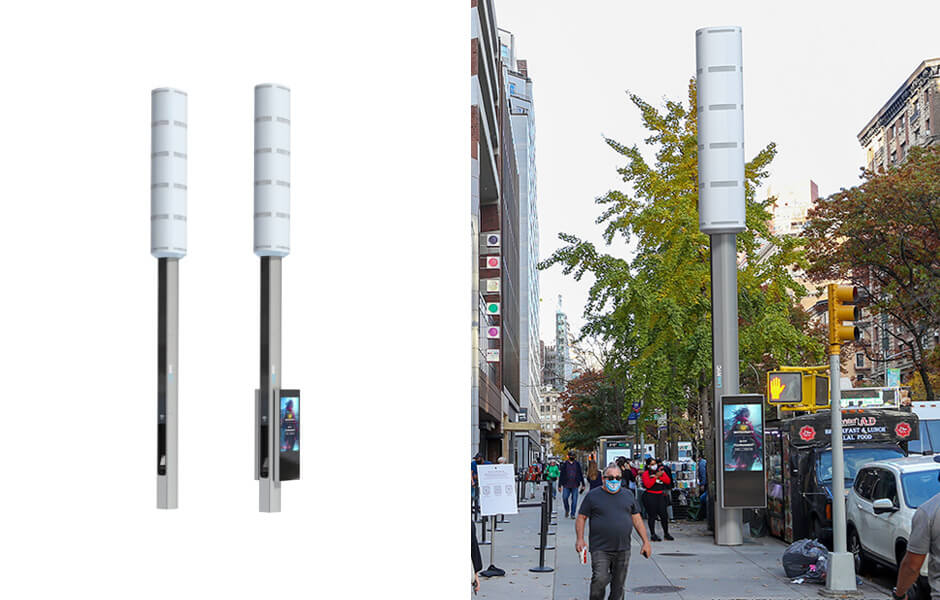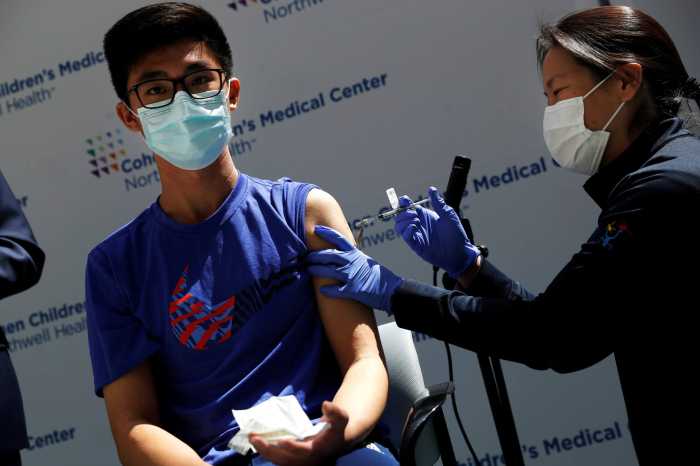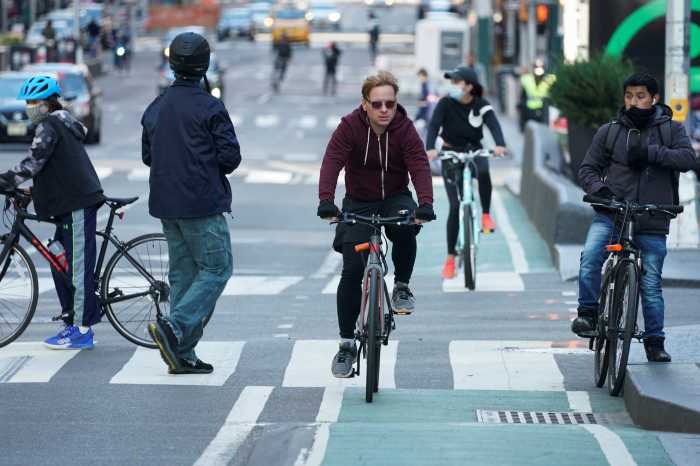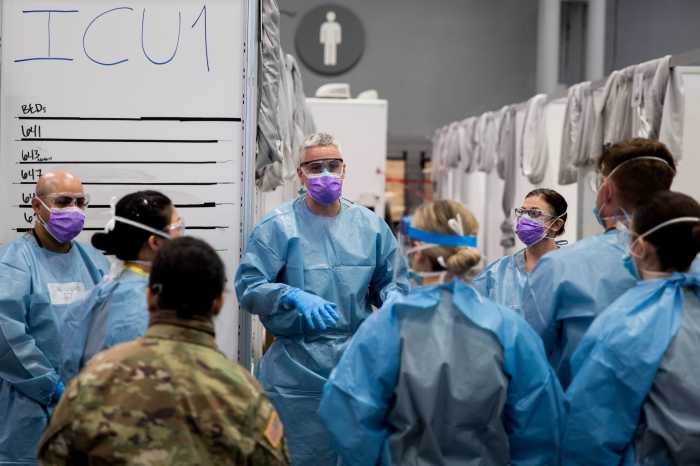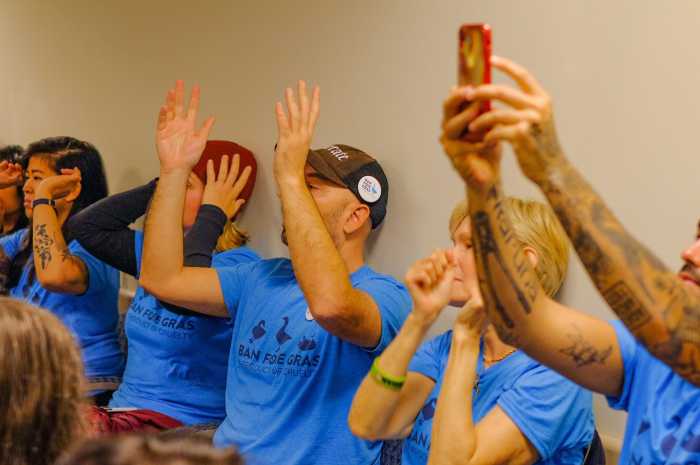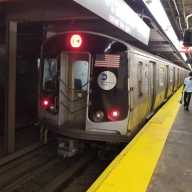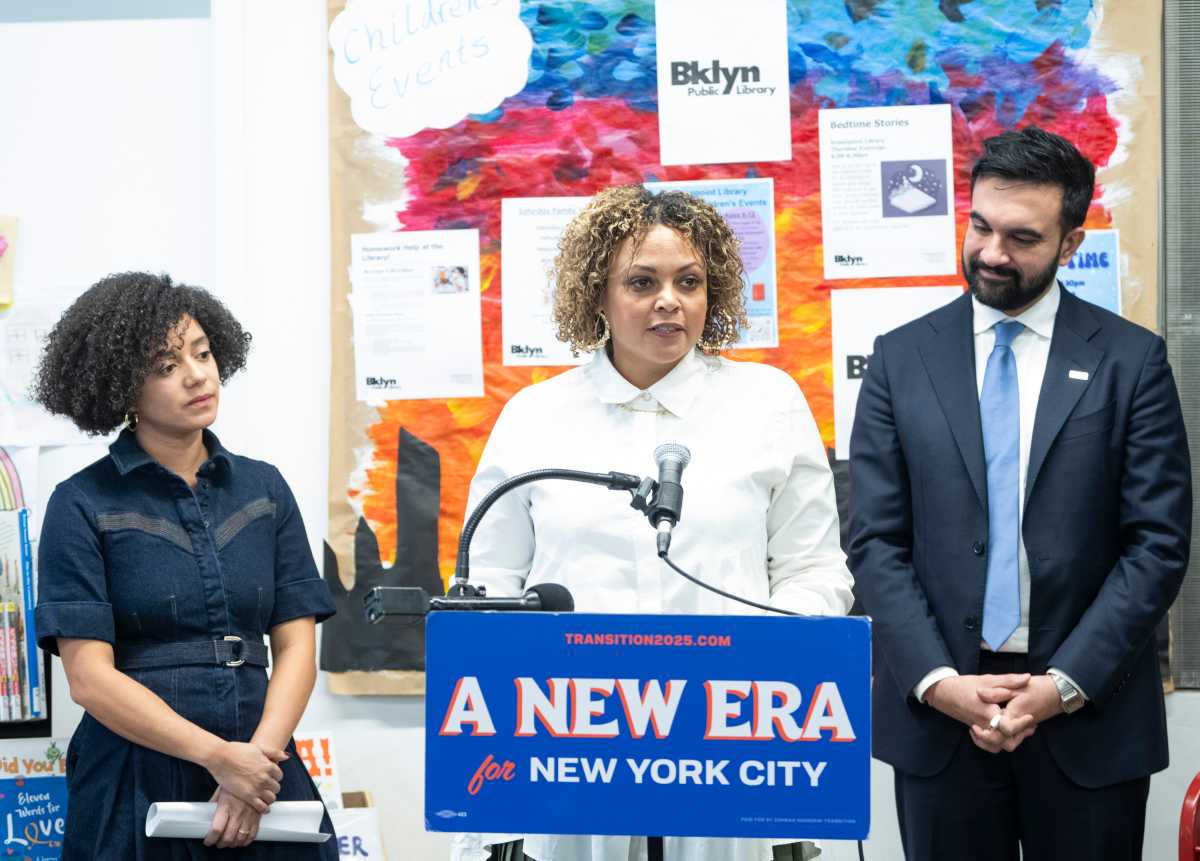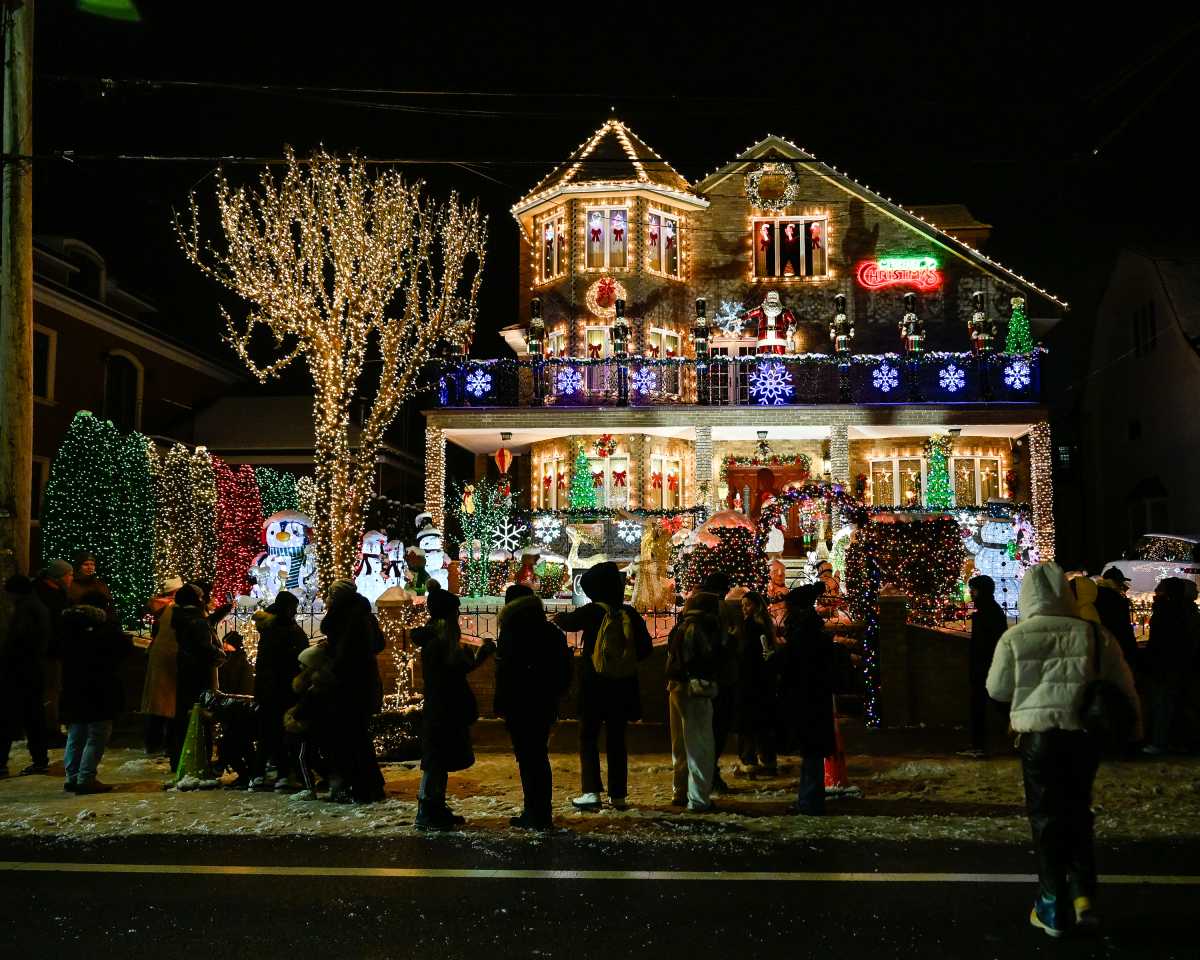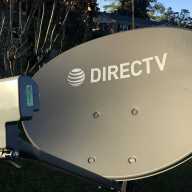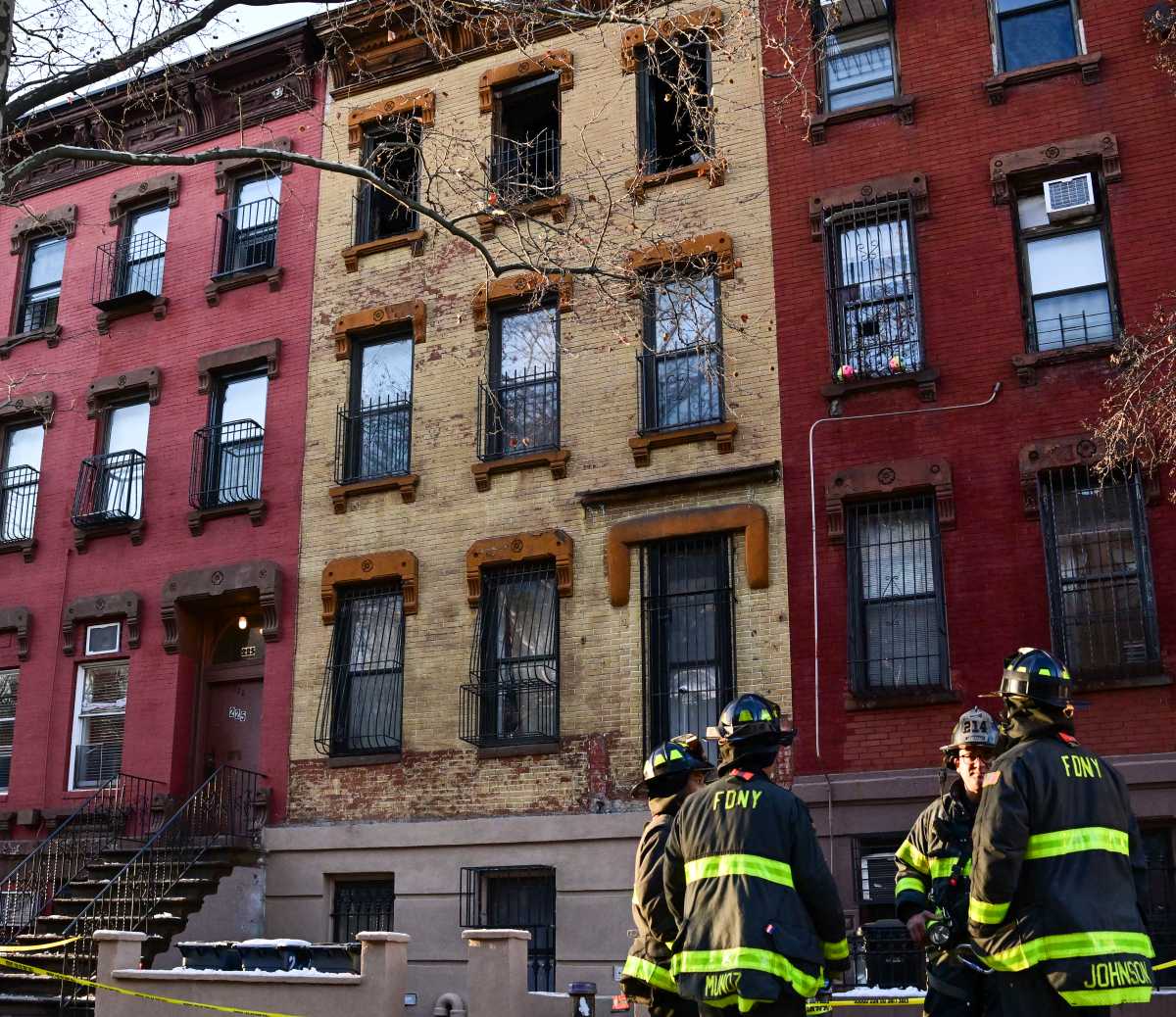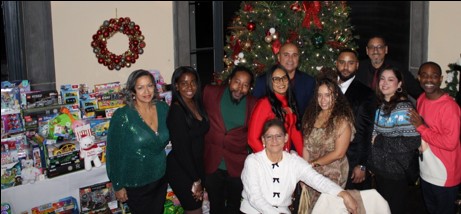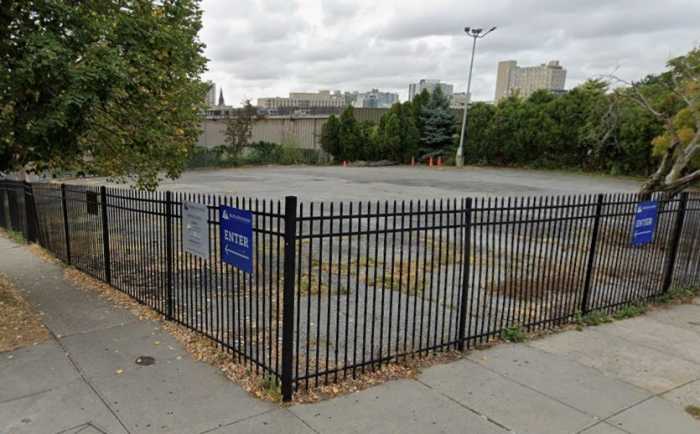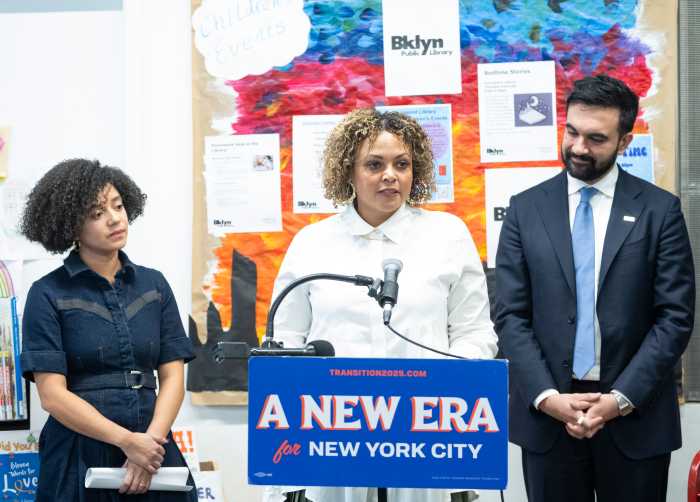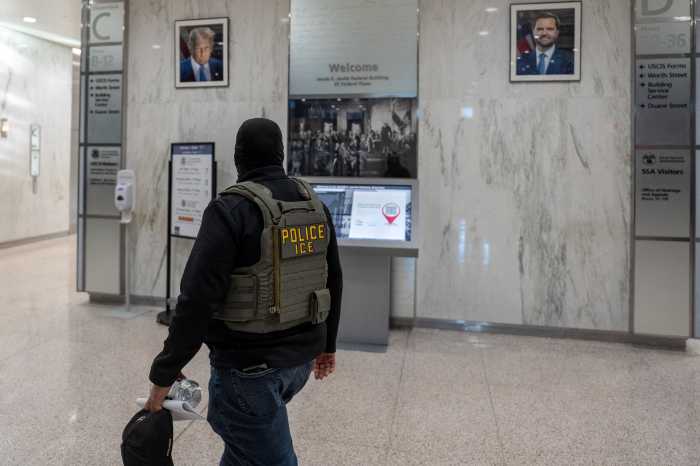The city’s effort to roll out its new 5G antenna tower program across the five boroughs has generated backlash in Manhattan, where residents have raised wide-ranging concerns against the technological upgrades.
The issue played out Thursday night in Lower Manhattan’s Community Board 2, which voted for a moratorium of new 5G towers in the community district. Manhattan Borough President Mark Levine, who appeared at the meeting, said he shared many of the board’s concerns over the towers and wrote a critical letter to the city’s Office of Technology and Innovation (OTI) earlier this week.
Over the summer, the city announced an agreement with CityBridge, the operator of LinkNYC, to install some 2,000 of the bulky 32-foot silver kiosks, which both provide housing for telecom companies to install 5G wireless technology, free short-range wifi and advertising space, over the next several years. It has described the 5G kiosk program as part of an effort to reduce the number of households throughout the city without access to the internet.
Community Board 2 held several forums for residents to weigh in on the new proposed towers, including a committee meeting with OTI earlier this week. According to the board’s Quality of Life Committee Chair William Benesh, participants shared concerns that range from the safety of these towers to design aesthetics, particularly within historic districts, the economics of the arrangement with City Bridge, concerns about privacy and engineering problems.
“We thank community members for sharing their valuable feedback and look forward to continued engagement with community leaders during the review process,” wrote a OTI spokesperson in a statement.
The city has proposed nine 5G towers in the community board area — six of which are in landmarked areas, which raise additional neighborhood character concerns. The city has said that 90 percent of the new towers will be located outside of Manhattan below 96th Street as a means of improving public internet access LinkNYC infrastructure in areas of the city in need of technological equity. This equity rationale for the towers doesn’t apply in Community Board 2, which has high internet access compared to the rest of the city.
“There was a general consensus that the equity need obviously didn’t apply to those being cited in our district. There wasn’t really a demand or need for these towers at all,” he said.
At the beginning of the full board meeting on Thursday, Anna Marcum, a representative of the Greenwich Village Preservation Society, asserted that there are very few locations throughout CB 2 neighborhoods that meet OTI’s citing regulations and that the city has not sufficiently informed residents of where the towers are being proposed.
Other members of the public at the Thursday meeting raised health concerns posed by the new 5G technology — wireless technology that the World Health Organization, FCC and FDA have declared to be safe under their current guidelines. The resident maintained that relying solely on federal regulations without additional state or local oversight was not adequate.
Borough President Levine’s letter did not include these health issues but focused on process complaints like site selection and community outreach.
“Residents have reported not adequately being informed about the placement of 5G towers in their neighborhoods, and many have questioned specific site selections and the fundamental need for the new towers taking up vital public space,” he wrote.
He suggested OTI slow the expansion of 5G infrastructure in residential areas and focus on commercial corridors until these areas of concern are explored.
At the end of the meeting, Community Board 2 passed a resolution that went further than Levine’s proposal by calling for “for a moratorium on installation of link 5G towers in Community District Two within all residential districts and mixed use districts, which contain residential zoning as well as within all landmark historic districts and areas in close proximity to individual landmarks.”
The board approved the resolution in an omnibus vote that it took on all matters before the full board. Levine said that Manhattan Community Board 9 serving Morningside Heights, had raised similar concerns around new 5G towers in its meeting that same night.



